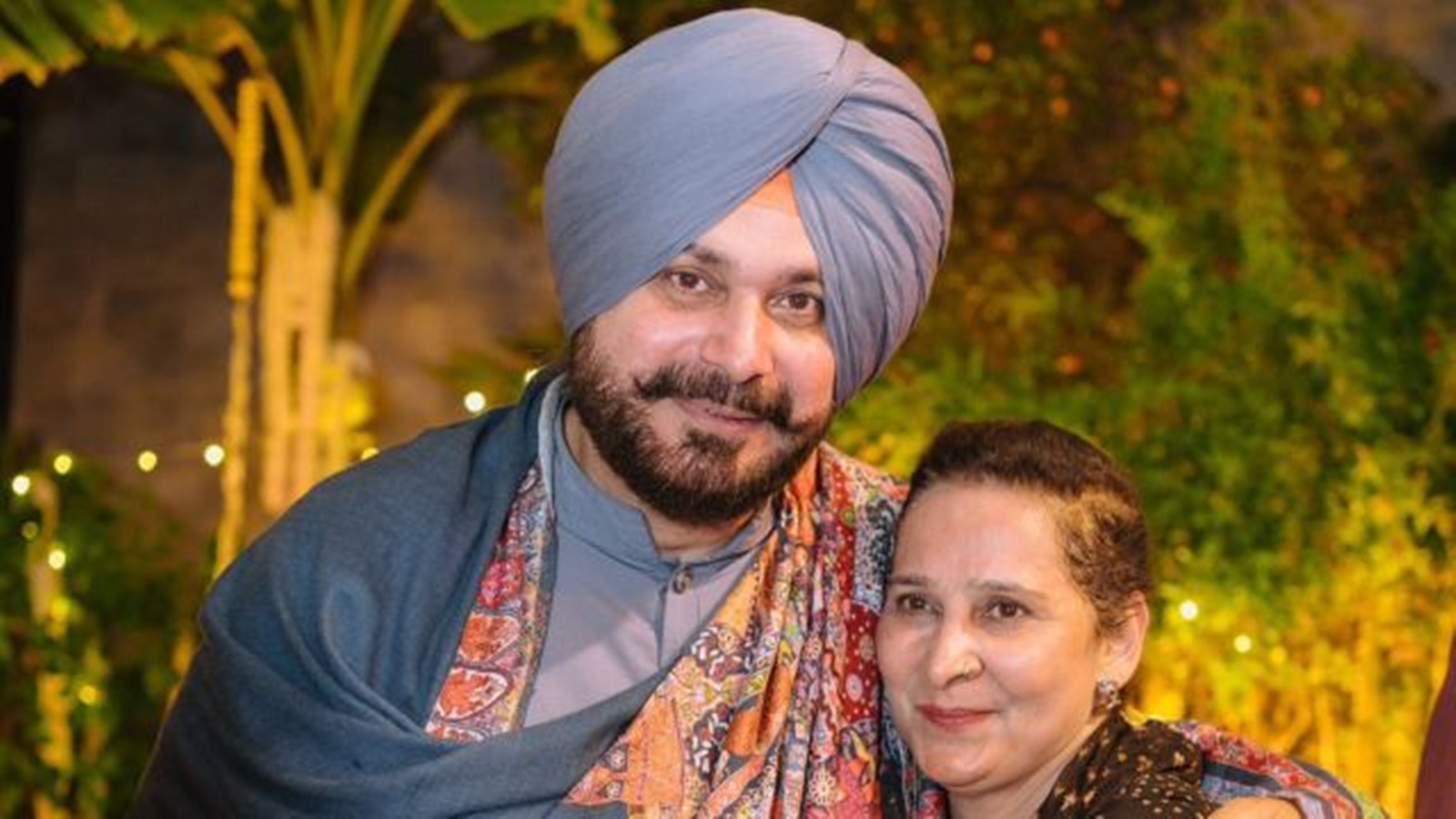Eat Clean, By All Means (GS Paper 2, Health)

Context
- In recent times, there has been an increasing trend of promoting alternative and unverified therapies for curing cancer, particularly through diet.
- Celebrity figures like Navjot Singh Sidhu have publicly endorsed claims that certain diets or practices, such as fasting, avoiding sugar and dairy, or drinking neem and lemon water, can cure or significantly aid in the treatment of cancer.
- While the intention is to offer hope, these unscientific claims lack rigorous evidence, and the scientific community continues to emphasize evidence-based treatment protocols.
Introduction: Breast Cancer in India
- Breast cancer is the most prevalent cancer among women in India, accounting for 28.2% of all female cancers.
- Despite a rise in awareness and better reporting, India faces significant challenges in early detection and timely access to treatment, leading to a lower survival rate.
- The five-year survival rate for breast cancer in India stands at 66.4%, which is notably lower than that in developed countries like the US (where it is 90.2%).
- This disparity is largely due to late-stage diagnosis and inadequate healthcare infrastructure.
- However, despite these challenges, evidence-backed treatments continue to improve survival outcomes and prolong the lives of patients.
- These therapies have been tested and refined over the years, contributing to the growing number of survivors.
Alternative Therapies: A Growing Trend
With the rise of the internet, the public has been increasingly exposed to various alternative therapies and unproven remedies for cancer treatment. Some of the most popular claims include:
- Fasting or going without certain foods like sugar and dairy.
- Neem or lemon water as detoxifying agents.
While these methods have gained attention, there is no scientific evidence to support the claim that they can cure cancer. If such therapies were indeed effective, the number of cancer patients—and particularly young patients—would not be increasing. Moreover, the rise of younger breast cancer patients in India highlights the need for scientific, evidence-based interventions rather than relying on unverified alternative therapies.
Science-Backed Treatments and Their Success
Cancer treatment has come a long way since the early days of medical intervention. Notable milestones in the scientific treatment of cancer include:
- William Halsted's Radical Mastectomy in 1882, which was the first surgical approach to breast cancer.
- The first chemotherapy used in 1943, followed by radiation therapy in the early 1900s.
- More recently, CART-T cell therapy, which has shown remarkable success in treating blood cancers.
These treatments, ranging from chemotherapy and immunotherapy to hormonal and targeted therapies, have led to a substantial improvement in five-year survival rates, which have risen from 20% to 70-90% depending on the type and severity of cancer. Notably, blood cancer survival rates for children have also increased dramatically from 10% to 50-90%.
This evidence demonstrates that scientifically backed treatments are the cornerstone of cancer care. The improvement in survival rates is a testament to the rigorous testing and advancement of these therapies.
Rigorous Treatment Trials: The Gold Standard
Cancer treatments go through thorough and systematic trials before being widely accepted for use. These trials involve randomized studies, where two groups of patients—one receiving standard treatments and the other receiving experimental therapies—are observed over an extended period.
- Trials are carefully monitored, often lasting for two years or more.
- If results show promise, the treatment is extended to larger sample sizes across different geographies and gene pools.
- The drug protocol is only considered after a series of successful trials and a body of conclusive evidence.
Such studies are crucial to ensure that treatments are safe, effective, and have long-term benefits. This process also safeguards against fraudulent claims and unethical practices in cancer treatment.
Cancer and Diet: The Role of Nutrition
While diet can have a metabolic response on cancer cells and influence overall health, it is not a cure for cancer. Evidence suggests that:
- Dietary changes may play a complementary role in cancer care, such as improving general well-being, reducing obesity, and managing diabetes—conditions that can exacerbate cancer outcomes.
- In some cases, a clean diet may help enhance recovery during convalescence post-treatment, but it should not be seen as a substitute for conventional cancer therapies like chemotherapy, immunotherapy, or radiation.
Additionally, methods such as intermittent fasting or calorie restriction should not be universally recommended, especially for patients suffering from cancers of the esophagus, gall bladder, or stomach, who may already be emaciated and unable to tolerate fasting or restricted diets.
Way Forward: Ethical and Scientific Practices in Cancer Research
- For alternative therapies to gain acceptance in the medical community, they must undergo ethical and scientific scrutiny.
- All claims need to be substantiated through well-designed studies that are published in peer-reviewed journals.
- Only when rigorous evidence supports such therapies can they be considered valid treatment options.
- Cancer treatment must always prioritize scientific evidence, ensuring that new therapies are tested, verified, and ultimately accessible to those who need them.
- Ethical standards should guide the development and dissemination of cancer treatments to prevent the harm caused by false promises.
Conclusion: The Need for Evidence-Based Cancer Treatment
- While the desire for alternative and holistic cancer treatments is understandable, it is critical to separate fact from fiction.
- Diet and lifestyle changes can complement medical treatments, but they cannot replace proven therapies.
- The emphasis must remain on evidence-backed interventions that have been rigorously tested and have consistently shown positive results.
- Cancer survival rates have steadily improved due to advances in scientific research, and the focus must continue to be on valid, peer-reviewed treatments.
- The rise of alternative therapies based on popular claims like those advocated by celebrities only serves to divert attention from the life-saving treatments available today.
- The key to fighting cancer lies in scientific research, innovative therapies, and an ethical approach to healthcare.


